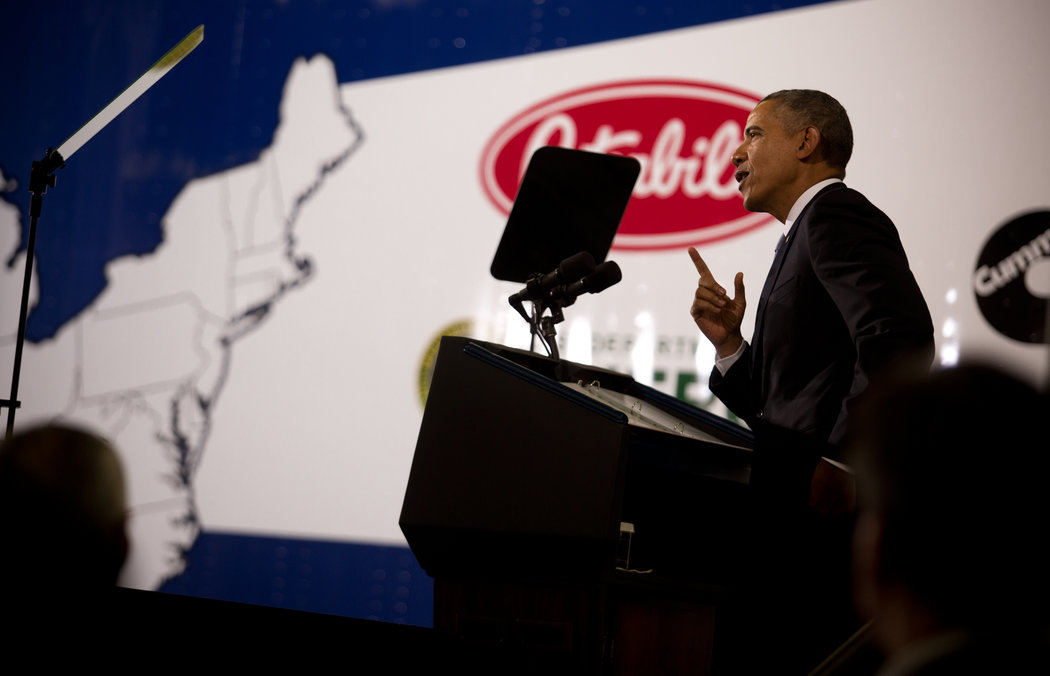
On Tuesday, the Obama administration announced new regulations targeted at semi trucks and other large vehicles to improve fuel economy and reduce greenhouse gas emissions.
Officials claim that the changes will reduce costs for drivers in the long rung, despite a short term cost increase.

The rules will apply to semi trucks and other large vehicles, such as garbage trucks and buses, starting with model year 2019 vehicles. Manufacturers are required to improve efficiency gradually, increasing each year until finally hitting the mandated targets in 2027. 2027 model vehicles are expected to be 25% more fuel efficient and 2.5% more carbon efficient versus 2018 models.
The ruling also called for trailer manufacturers to make designs lighter and more aerodynamic, in order to further reduce fuel consumption.
According to the Washington Post, the EPA claims that the mandate will result in 1 billion tons of carbon pollution being eliminated and will save operators almost $170 billion in fuel costs. Oil consumption could be reduced by 84 billion gallons, they added.
EPA Administrator Gina McCarthy told reporters,
“Regulators felt comfortable mandating tougher carbon-emissions goals based on their reading of how much technology is becoming available, including more efficient diesel engines, more aerodynamic trailers and ways to reduce idling for work trucks.”
The Washington Post reported that the new regulations will lead to an increased up-front cost of up to $14,000 for new trucks. However, officials claim that the lower fuel costs could make up for the price increase in the course of a couple of years.
$140 million will be utilized by the Department of Energy to develop the fuel-efficient technology.
Transportation Secretary Anthony Foxx told reporters that,
“This is going to be a net savings to operators of these heavy duty and medium-size trucks. They are going to be able to get places using less fuel, which has a bottom-line impact on the cost of goods, for example, or the price people pay at grocery stores. So I think this is a very strong economic rule, from the standpoint of job creation and from the standpoint of reducing burden on consumers.”
However, some opponents see things differently.
Anna Moritz, a staff attorney for the Center for Biological Diversity’s Climate Law Institute argued that,
“Addressing truck pollution is urgent, but the Obama administration didn’t create fuel-economy standards strong enough to truly curtail this threat to our climate. Federal officials sacrificed a golden opportunity to push this heavily polluting industry toward true technological innovation. Demonstration trucks on the road today achieve better fuel economy than these standards will require a decade from now.”
The ruling is expected to face heavy opposition before being finalized.
